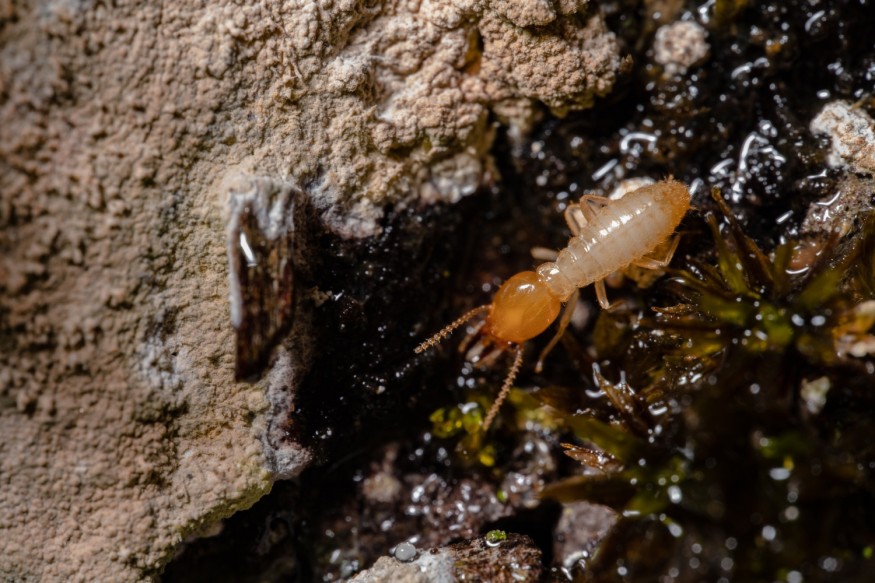
Warming temperatures amidst climate change have had numerous effects on biodiversity, including insects and common pests like termites. Changing temperatures and weather patterns can influence different species' behaviors and entire ecosystems.
One of the most recent findings surrounding this phenomenon is a study covering termites and higher temperatures. The Science Journal last September 2022 suggested termites could contribute to a climate feedback loop as the world grows hotter and drier.
What are termites?
Termites are small, social insects belonging to the order Isoptera. They are often nicknamed "white ants" due to their similar appearance despite not being closely related to ants.
These insects are most known for their ability to break down cellulose, a complex organic compound found in plant materials like wood and grass. They play a significant ecological role in decomposition and nutrient cycling in ecosystems.
In urban areas, some termite species have the reputation of being pests, as their presence in homes or buildings could cause structural damage. Homeowners and building managers often call pest control services to eliminate termites in their spaces.
Termites primarily feed on cellulose-rich materials like wood, dead plants, and grass. They have specialized microbes in their digestive systems that help them break down cellulose.
These insects are the prime candidates for decomposing deadwood, which is a carbon-rich material. When deadwood decomposes, it releases carbon dioxide, a greenhouse gas and a primary contributor to global warming.
The Study
The research above focused on wild termites found across 133 sites worldwide. The study aimed to quantify the effects of climate on microbial and termite decomposition. They discovered that termites are particularly sensitive to temperature.
According to the report, termites' wood discovery and consumption activity will increase by 6.8 times for every 10 degrees Celsius of the Earth's increase in temperature. As the Earth grows warmer, termites worldwide become hungrier.
The researchers found that the effects of termite decay were greatest in hotter areas, such as tropical savannas, tropical seasonal forests, and tropical deserts.
While other decomposers like fungi and bacteria increased their activity in warmer temperatures, termites still took the top spot.
Possible Impact of Climate Change on Termites
Termite colonies thrive in hot and dry areas. As the world grows warmer, even colder regions could suffer larger termite infestations.
Many termites contribute to the decay of deadwood, which was the material used in the experiment. Deadwood is a significant carbon store worldwide, and its decay releases carbon dioxide into the atmosphere. Termites' diet of wood and plants also have substantial carbon stores.
The larger the amount of carbon dioxide released into the atmosphere, the stronger the effects of global warming become. These warmer temperatures could aid in the increase of termite populations and continue the cycle.
As tropicalization, or the shift towards warmer climates, becomes more prevalent worldwide, termite wood decay will likely increase. The warming of once-cooler regions means termites will have more available ground to cover.
The current climate problem is already exacerbating itself by creating climate feedback loops like this one. Wood-eating termites may be tiny, but their numbers are large. Their increased activity and available feeding grounds can increase carbon dioxide emissions.
Rising temperatures can also affect termite biodiversity. While some termite species, like wood-eating termites, thrive in higher temperatures, other species do not. Global warming can lead to increased numbers of wood-eating termites and a drop in insect populations preferring cooler temperatures.
As more negative climate feedback loops develop, studies like these are essential to further understand climate change mechanisms. Immediate action from governments and concerned institutions is critical to help people understand, adapt, and mitigate the effects of climate change.
© 2025 NatureWorldNews.com All rights reserved. Do not reproduce without permission.





